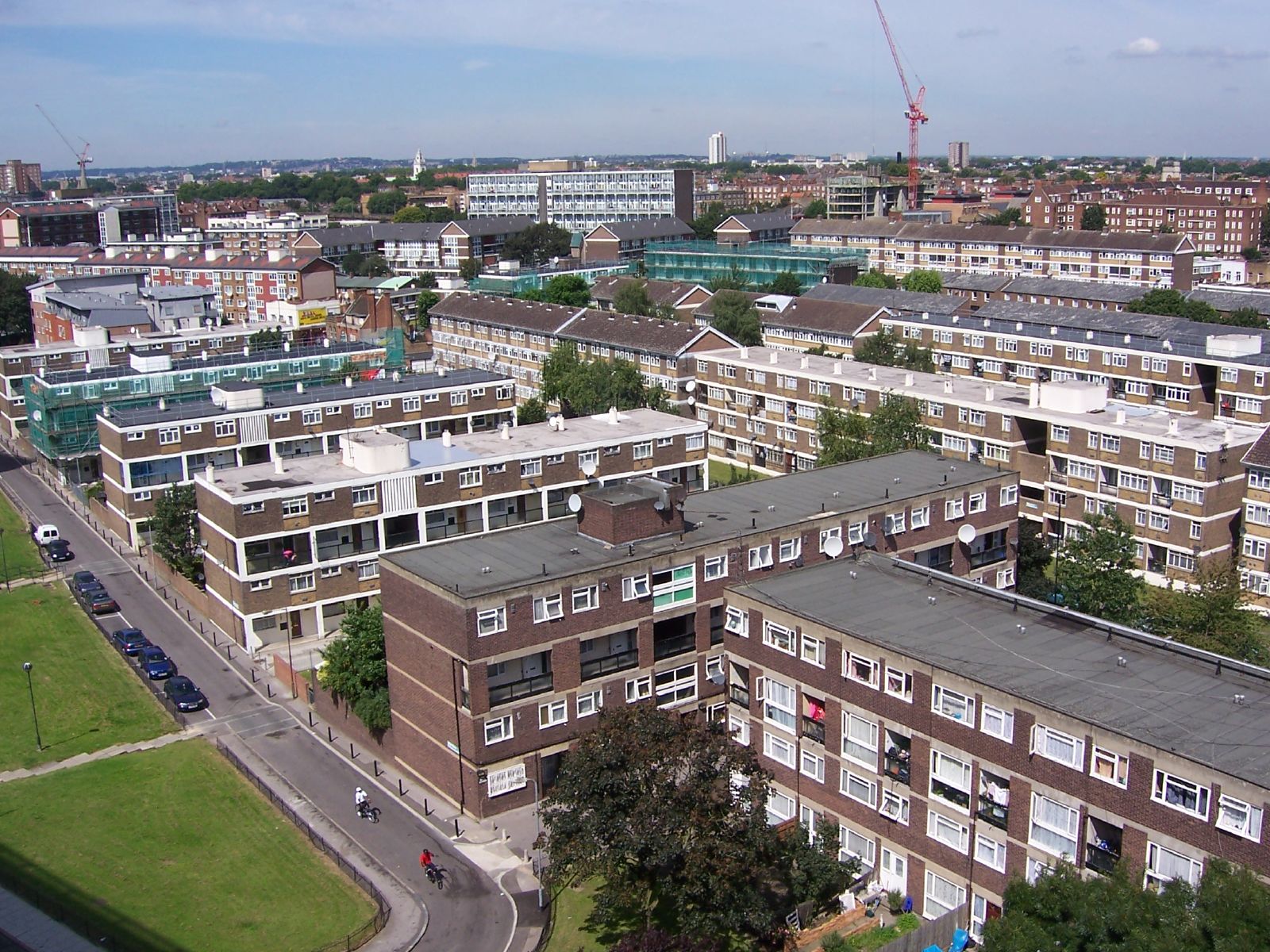Over the last decades the planning profession has undergone critical challenges from both the left and the right. The political realm is now prevalent with discourses which portray planning as impeding market efficiency. Meanwhile, especially in academia, there are persistent critiques that planning has generated unjust consequences under the guises of apparent political neutrality. In this circumstance, a question must be revisited, that is: ‘Is planning valuable?’
This vital question has been answered in various ways throughout different times. One of the most powerful explanations is derived from economics, which suggests planning is necessary for dealing with externalities in the land market. Surely, there are other explanations, such as stating planning’s potential to contribute to justice, community capacity, growth and dealing with climate change.
However, a drawback of these discussions is that, despite suggesting how ‘planning’ is valuable from different angles, the ‘planning’ activity as conceptualised is seldom implemented by professional planners. Instead, such ‘planning’ becomes the outcome of a complex interaction between planners, officers of other departments, council members and other stakeholders, wherein planners seldom hold a dominant position. Therefore, to defend the planning profession, perhaps another question also needs to be raised: ‘Is what planners have done valuable?’
Unfortunately, this question is still under-discussed, and existing literature often focuses on analysing those ‘star planners’ (Abercrombie etc.), while giving less attention to the spontaneous collective actions of ‘the masses’, that is those ordinary planners working at the coalface. My dissertation tries to gain insights into this question by examining and synthesising existing literature related to the daily normative judgement and induced action of planners working in English local authorities. A systematic search was conducted, and 19 papers were identified for synthesis. Whilst a conclusive answer cannot produced, there are some interesting findings to share.
Commitment to professional ideals:
Within these papers, a recurrent pattern emerges, that is those planners studied show a strong internalisation of professional ideals. However, the exact composition of ideals varies. Some of the most common components include 1. Planning should pursue public interest; 2. Planning should be a professional activity; 3. Planning should be based on comprehensive considerations. The structure of those ideals is often based on some nodal vague words with different priorities. However, despite their vagueness, these nodal words do function, just as Clifford (2012:567) suggests ‘It is too easy just to dismiss outright a sense of working for ‘greater good’ as empty rhetoric when it appears to hold very real value to planners at coalface’.
Conflict between ideals and positions:
Another recurrent pattern is that the ideals that planners value are often found to contradict their occupational positions. Planners often find they have far less power and autonomy to conduct their ideal planning practices. Such mismatch is identified in studies across time periods and regions and is found to be experienced by both early-career and senior planners. A participant in Slade et al.’s (2022) words is illustrative – ‘I sometimes wonder, in a purist’s sense, whether planners are professionals or whether actually we’re bureaucrats…’.
Resistance and final comment:
The conflict between planners’ ideals and positions often triggers planners’ desire to pursue their unrealised ideals. Some of the reactions are aggressive, like resignation and protest. Moderate reactions are more prevalent, specifically, planners are found incentivised to resist policy not aligning with some key principles of their ideals. This has been achieved by action within their discretionary space and efforts to enlarge their discretionary space. An example is that planners are found often to slightly deviate from policies in accordance with their ideals through reinterpretation.
There are lots of things that need further careful examination, including whether planners’ resistance towards their position is structural, whether planners’ pursuit of their ideals (e.g., for the greater good) could really make a difference, and whether such differences could really contribute to societal welfare. However, at the stage of my current work, I would like to end this blog with John Friedmann’s quote (1987:390) as my sincere wish:
‘Resistance is never wasted’
Reference:
Clifford, B. (2012). ‘Planning in an age of customers: British local authority practitioners, identity and reactions to public sector reform’, The Town Planning Review, vol. 83 (5): pp.553-574.
Friedmann, J. (1987) Planning in the public domain: from knowledge to action. Princeton: Princeton University Press.
Slade, J., Tait, M., & Inch, A. (2022). ‘We need to put what we do in my dad’s language, in pounds, shillings and pence’: Commercialisation and the reshaping of public-sector planning in England’, Urban Studies, vol.59(2): pp.397-413.
Further Reading:
Evans, B. (1993) ‘Why We No Longer Need a Town Planning Profession’, Planning Practice and Research, vol.8(1): pp.9–15.
Healey, P. & Underwood, J. (1978). ‘Professional Ideals and Planning Practice: A Report on Research into Planners’ Ideas in Practice in London Borough Planning Departments’, Progress in Planning, vol.9: pp.73-127.
Hoch, C. (1994) What planners do: power, politics, and persuasion. Chicago, Ill: Planners Press.
Inch, A. (2009). The New Planning and the New Planner: Modernisation, Culture Change and the Regulation of Professional Identities in English Local Planning [Doctoral Dissertation, Oxford Brookes University].
Taşan-Kok, T., Oranje, M. (2018). From Student to Urban Planner: Young Practitioners’ Reflections on Contemporary Ethical Challenge, London: Routledge.



